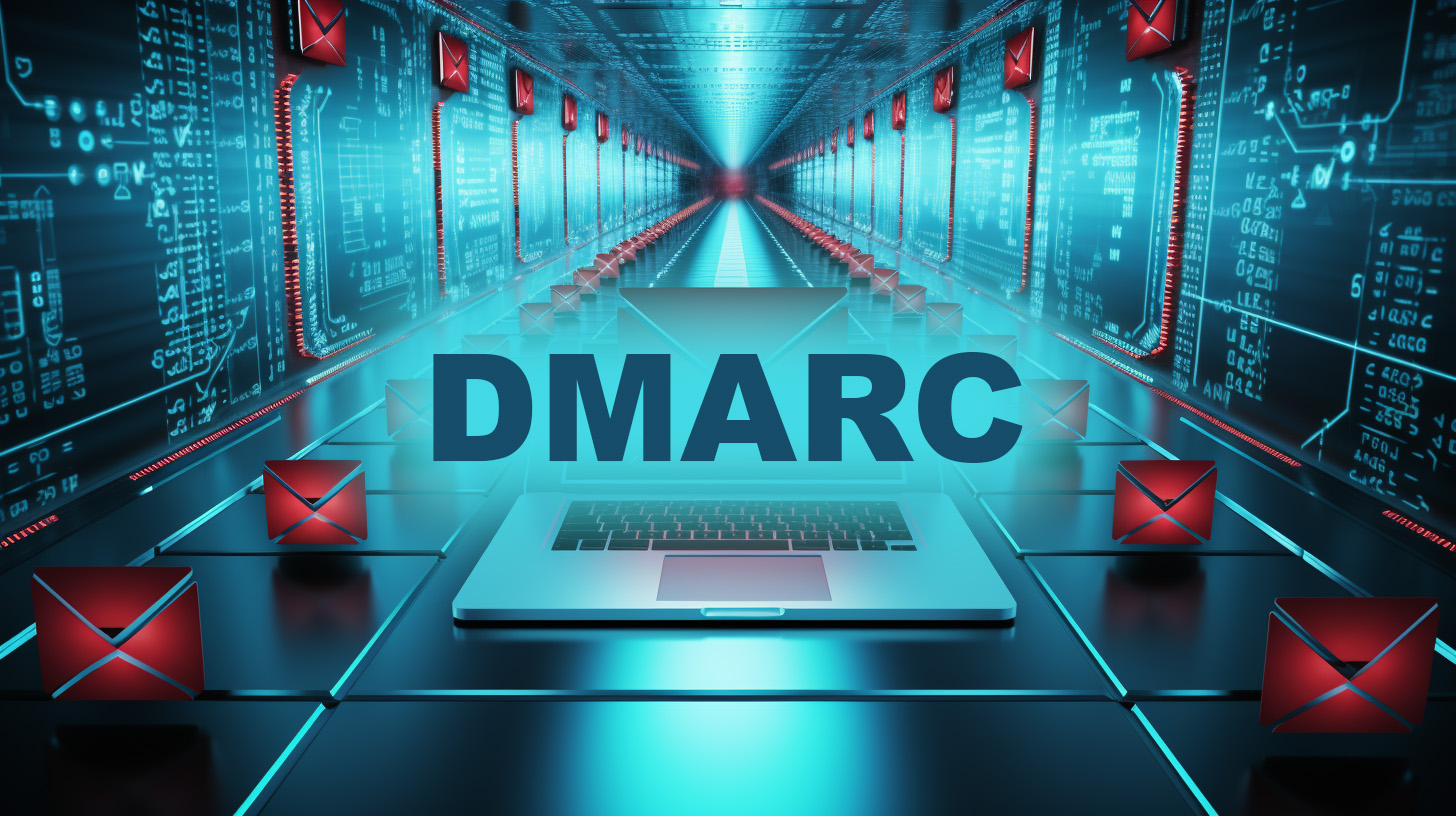Technology
DMARC Adoption Insights: Key Findings from 10 Million Domains

A recent analysis by John Wilson, Senior Fellow of Threat Research at Fortra, sheds light on the status of Domain-based Message Authentication, Reporting & Conformance (DMARC) adoption across the top 10 million internet domains. The findings indicate that while DMARC has been available since 2012, many organizations still lack robust DMARC policies, leaving them vulnerable to email spoofing and other security risks.
In a video presentation, Wilson detailed how the three email authentication protocols—Sender Policy Framework (SPF), DomainKeys Identified Mail (DKIM), and DMARC—work in tandem to enhance email security. He explained the critical role these tools play in mitigating phishing attacks and protecting brand integrity. A significant takeaway from his research is the alarming prevalence of misconfigurations, such as the use of “+all” in SPF records, which can inadvertently permit unauthorized senders to spoof emails.
The analysis revealed that despite the importance of these protocols, the adoption rate of strong DMARC policies remains low. Wilson pointed out that many organizations do not fully understand the implications of weak configurations. He emphasized that a lack of strong DMARC implementation not only jeopardizes individual organizations but also poses a broader risk to the security of the internet.
Wilson’s insights are particularly relevant for anyone managing domains that send emails, as well as those overseeing domains that do not. He argued that understanding and implementing SPF and DMARC is essential for safeguarding users against phishing attacks and fraud. Through simple analogies, he made complex concepts more accessible, highlighting the importance of these tools in today’s digital landscape.
The statistics shared in the presentation serve as a wake-up call for organizations that have yet to prioritize email authentication. Wilson’s research underscores the pressing need for businesses and institutions to adopt stronger DMARC policies, not just for their protection but also for the safety of the wider online community.
As cyber threats continue to evolve, the adoption of robust email security measures like DMARC will be crucial in defending against increasingly sophisticated attacks. Organizations are urged to take action and reassess their email authentication strategies to mitigate risks associated with email spoofing and to protect their reputations.
-

 Technology5 months ago
Technology5 months agoDiscover the Top 10 Calorie Counting Apps of 2025
-

 Health2 months ago
Health2 months agoBella Hadid Shares Health Update After Treatment for Lyme Disease
-

 Health3 months ago
Health3 months agoErin Bates Shares Recovery Update Following Sepsis Complications
-

 Technology4 months ago
Technology4 months agoDiscover How to Reverse Image Search Using ChatGPT Effortlessly
-

 Technology1 month ago
Technology1 month agoDiscover 2025’s Top GPUs for Exceptional 4K Gaming Performance
-

 Technology2 months ago
Technology2 months agoElectric Moto Influencer Surronster Arrested in Tijuana
-

 Technology5 months ago
Technology5 months agoMeta Initiates $60B AI Data Center Expansion, Starting in Ohio
-

 Technology5 months ago
Technology5 months agoRecovering a Suspended TikTok Account: A Step-by-Step Guide
-

 Health4 months ago
Health4 months agoTested: Rab Firewall Mountain Jacket Survives Harsh Conditions
-

 Lifestyle5 months ago
Lifestyle5 months agoBelton Family Reunites After Daughter Survives Hill Country Floods
-

 Technology4 months ago
Technology4 months agoHarmonic Launches AI Chatbot App to Transform Mathematical Reasoning
-

 Technology3 months ago
Technology3 months agoUncovering the Top Five Most Challenging Motorcycles to Ride









